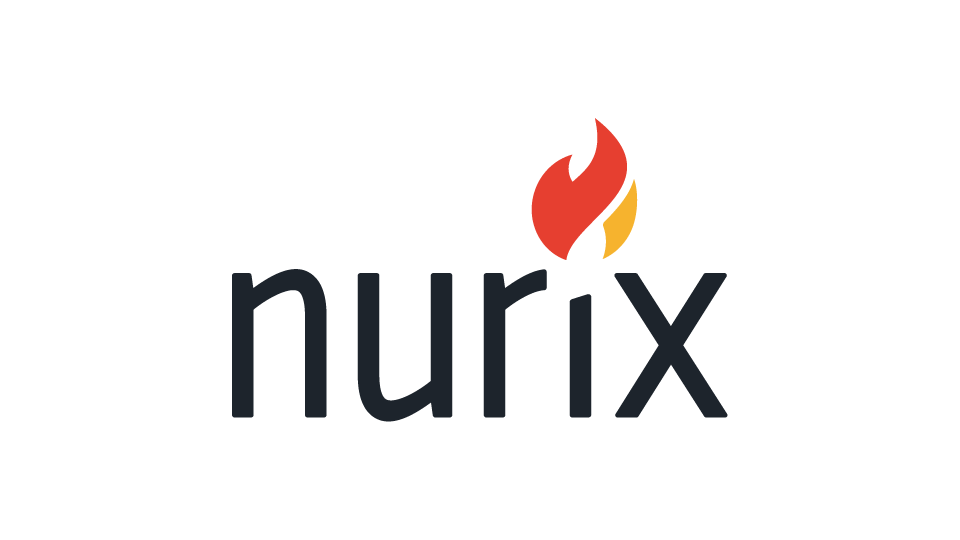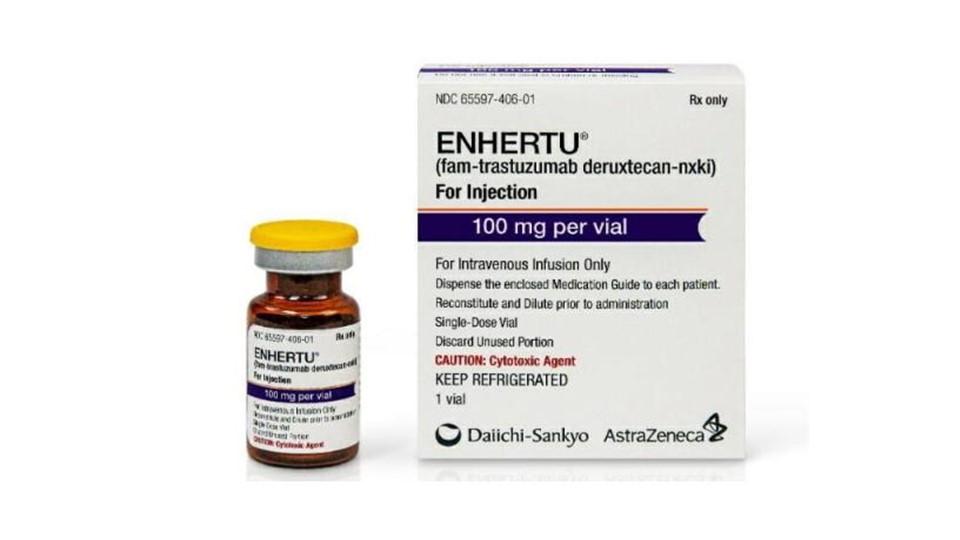Seagen partners Nurix on 'degrader-antibody conjugates'

Seagen hasn't let a pending acquisition by Pfizer interrupt its business development activities, adding to its pipeline with a wide-ranging partnership with Nurix Therapeutics for new cancer therapies.
The deal – which includes an upfront payment of $60 million and up to $3.4 billion in milestones – is focusing on the development of degrader-antibody conjugates (DACs), a new category that combines the properties of antibody-drug conjugates (ADCs) and protein degrader technologies.
Seagen has been a pioneer in ADCs, which use antibodies to target cancer cells and carry a payload designed to kill them, and has already brought three ADC medicines to market for various forms of cancer.
DACs are seen as a new and intriguing spin on that proven technology, with the antibodies used to deliver molecules discovered by Nurix that are designed to break down rogue cellular proteins that drive cancer.
Protein degraders are attracting a lot of attention in the pharma sector at the moment as a possible way to address hitherto "undruggable" targets and, for Nurix, the Seagen alliance follows earlier partnerships with Gilead Sciences and Sanofi. In March, Gilead paid $445 million to license the first drug in their alliance.
"By combining the tissue and tumour specificity of antibodies with highly potent and catalytic targeted degradation of cancer driver proteins, we believe that DACs may represent a next generation of cancer medicine for a wide range of solid tumours and hematologic malignancies," said Nurix's chief executive, Arthur Sands.
"With Seagen, our strategic goal is to advance ADC technology to the next level to provide patients with new DAC drugs that deliver greater anti-tumour efficacy and safety compared to currently available agents," he added.
Under the terms of the agreement, Nurix will use DELigase platform – a collection of E3 ligases and DNA-encoded libraries of small molecules – to develop various targeted protein degraders against multiple disease targets nominated by Seagen.
Seagen will take those degraders and link them to targeting antibodies in order to create the DAC and will be responsible for bringing them through development and onto the market.
Undertaking those activities may soon be the responsibility of Pfizer, if its planned $43 billion acquisition of Seagen clears regulatory approvals. The Federal Trade Commission (FTC) asked for more information on the deal in July, but Pfizer and Seagen are still expecting the merger to close later this year or early in 2024.













